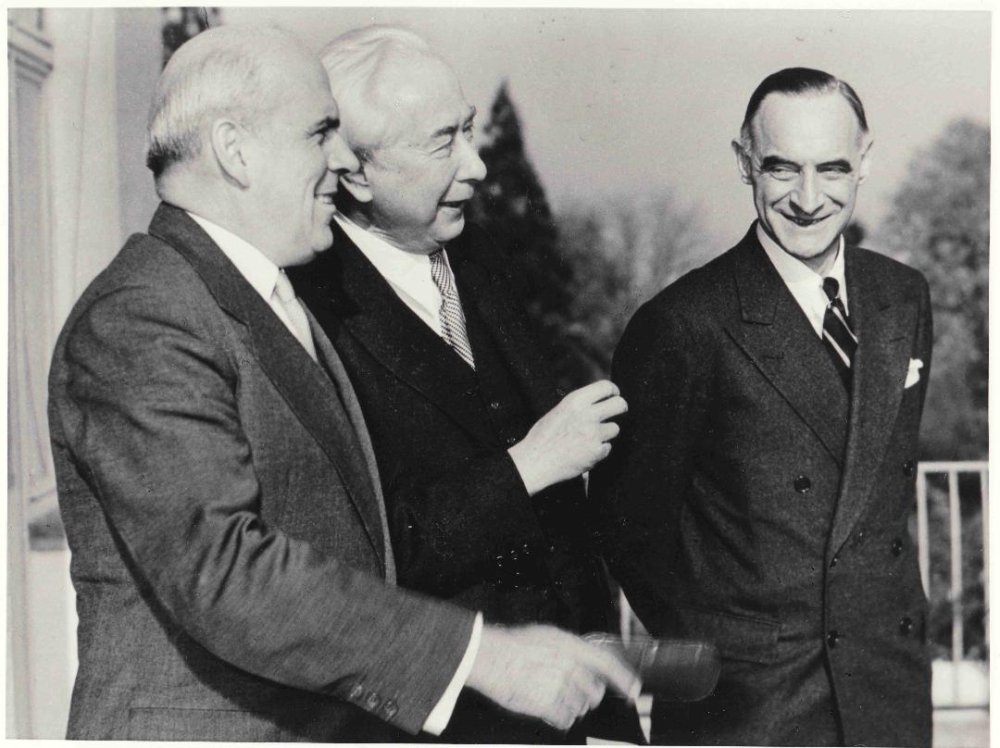 The Ties that Bind: Theodor Heuss and American Intelligence
The Ties that Bind: Theodor Heuss and American Intelligence
Theodor Heuss was America’s favorite German. Shortly after the US Army occupied Heidelberg, Heuss’s hometown, the American military government appointed him minister of culture for the state of Württemberg Baden. When Heuss was elected president of West Germany in 1949, the American press praised his opposition to the Nazis and lauded his intent to make Germany “a living democracy.” And when Heuss visited the United States in 1958, President Dwight D. Eisenhower, the man who led the Allied forces to victory in World War II, welcomed him “with unusual warmth” to the White House.
Heuss’s cordial relationship with the United States may have had a covert side to it. A record of the East German intelligence service (“Stasi”) suggests that Heuss served as an informant of the US Army’s Counter Intelligence Corps from 1946 to 1947. According to the Stasi document, Heuss provided the Americans with information about the political situation in Württemberg Baden and received remuneration for his services. Eventually, the CIC discontinued its secret association with Heuss because his information proved of “little value.” Nonetheless, the East German document avers, the CIC kept his reports on file in case the Americans wanted “to put pressure” on Heuss in the future.
No comments:
Post a Comment